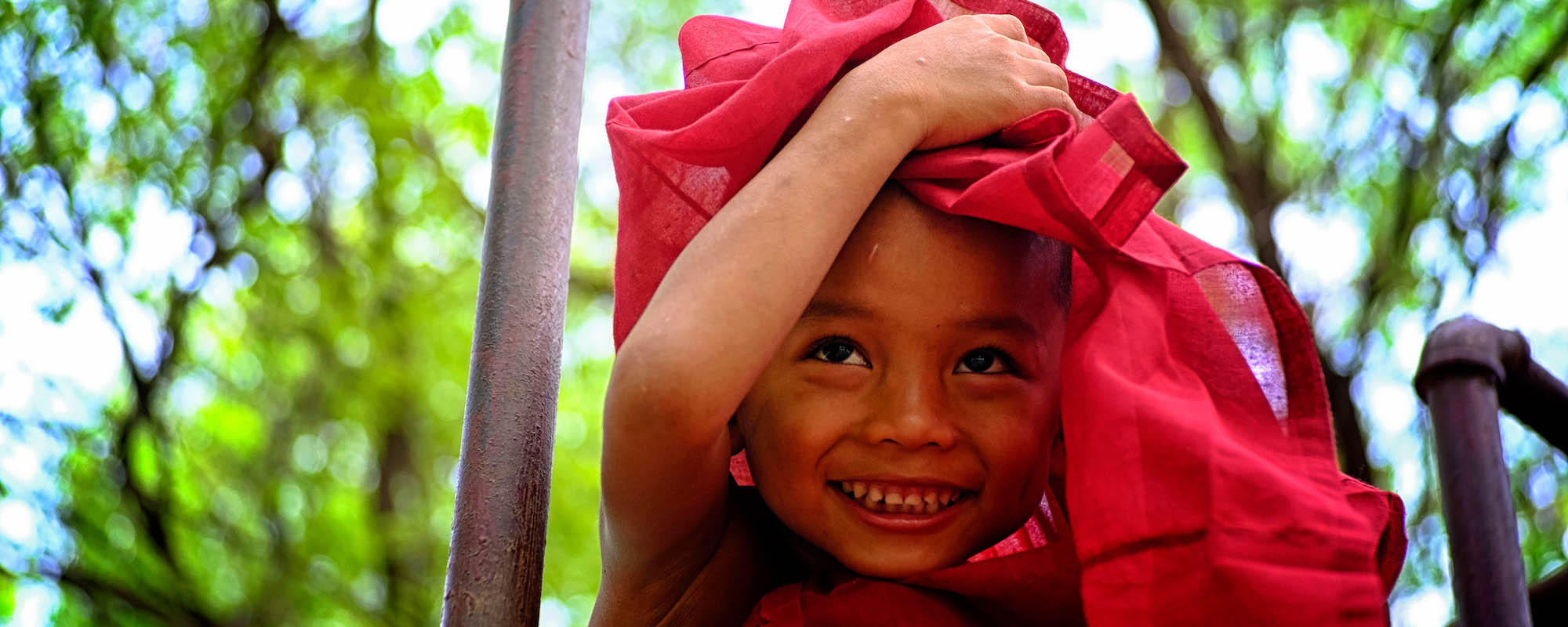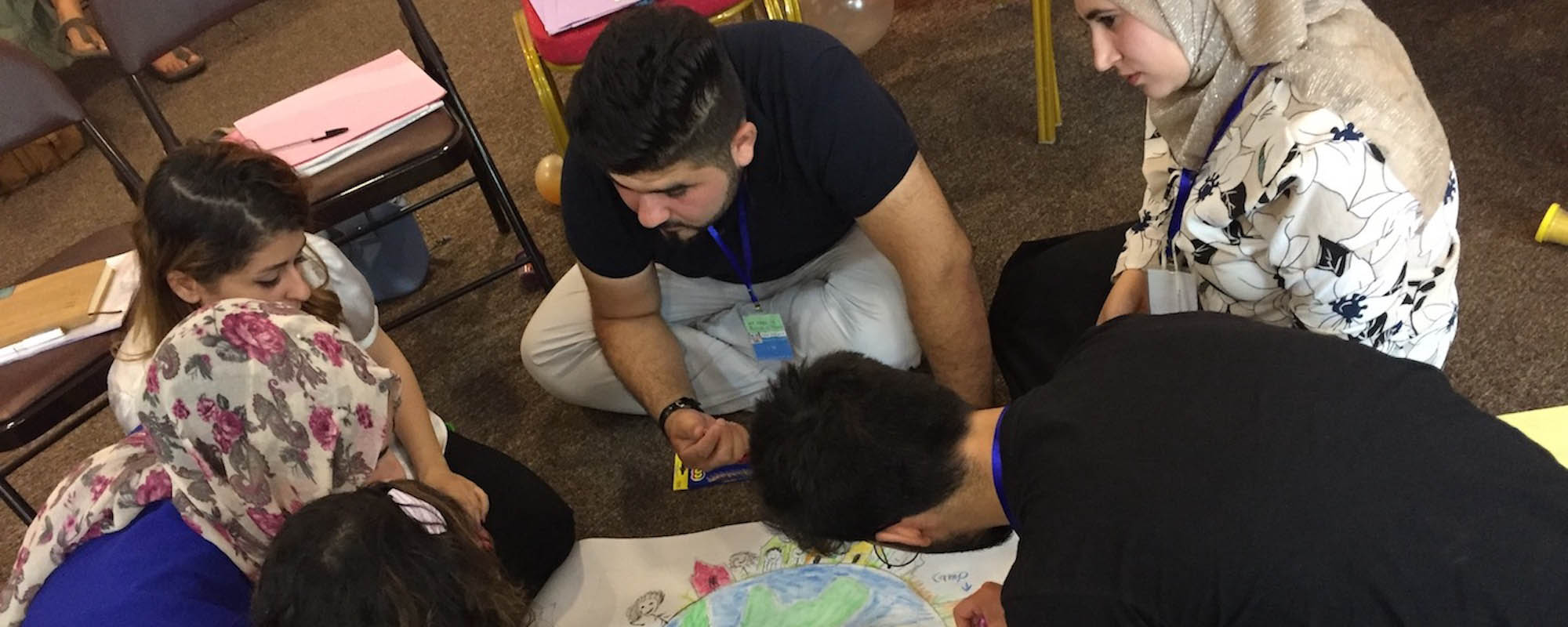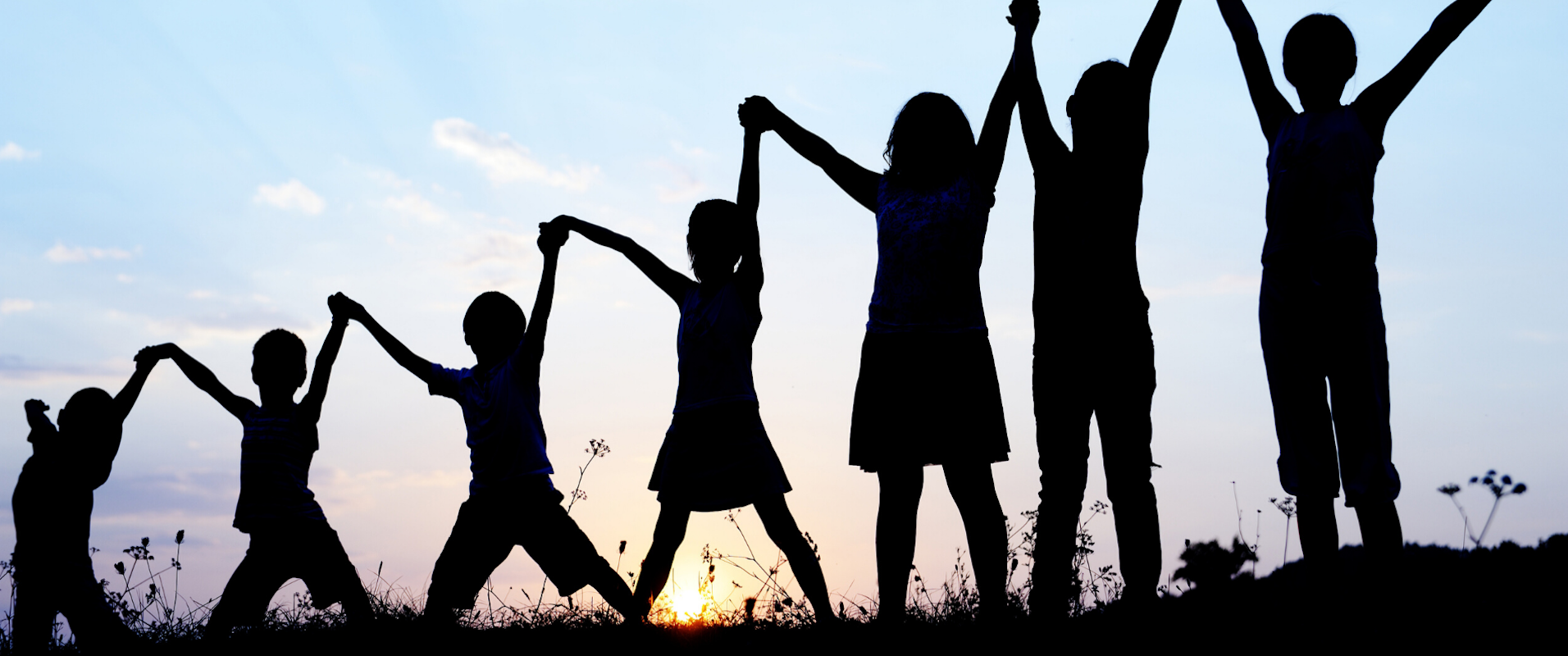The Millennium declaration depicts the eight Millennium Development Goals (MDGs) as the world’s time-bound targets for addressing extreme poverty, hunger, disease, child mortality and maternal health and for promoting gender equality, education, global partnership and environmental sustainability. By signing the Millennium declaration, leaders from 189 nations made the most important collective promise to the world’s most vulnerable people. Their collective promise – encapsulated in the MDGs – embraces a vision for the world in which developed and developing countries would work in partnership for enduring global transformation.
With about two years left to the 2015 MDGs deadline, and given the negative effects of the 2007-08 food crisis on nutrition and poverty targets, the impact of the global recession on growth rates and the reluctance of some international donors to step up their efforts in the current economic climate, it has become clear that the goals will not be reached in most African countries, predominantly sub-Saharan states. The MDG Africa Steering Committee has noted that despite recent economic growth, the continent as a whole lags behind on each of the eight goals. Recent reports by the World Bank and IMF seem to corroborate such projections, especially after taking into account the inimical effects of the global crisis since 2008 on the track towards the MDG targets.
The fact that most African countries will not be able to achieve most of the MDGs in 2015 causes serious concerns and raises a number of questions for both academics and development practitioners. While acknowledging the progressive nature of the MDGs and their integral role in mobilising resources to aid African countries, there remain concerns, for instance, about the arbitrary way of measuring progress towards the goals. Even where progress is being made, improvements are often not evenly shared. Women, the poorest of the poor, and those who live in rural areas tend to benefit less. It is therefore imperative to examine its impact on Africa’s development post-2015. Eventualities such as climate change, natural disasters, and above all, the global financial downturn were not factored into the promulgation of these goals. Yet, will they be ample scapegoats for the rather uneven gains of these ambitious targets? What potential alternatives could replace the unattained goals once the 2015 deadline is reached? Do African governments have the potential and political will to carry these goals through? With these questions in mind, the overall objectives of the conference are:
Assessing the current state of MDGs in the context of Africa
Examining the successes, gaps and failures of the stated goals, including lessons learned
Envisioning a post-2015 (and post-MDGs) development agenda for Africa
The African Students’ Association (AFSA) at the University of Alberta, in collaboration with the Alberta Council for Global Cooperation and Global Education, University of Alberta International, extends an invitation to students, scholars, professionals, non-governmental organizations (NGOs), and community members interested in Africa’s development to this MDG conference. A lot of focus has recently been given to the post-2015 development agenda. However, what this conference hopes to achieve is to place more emphasis on Africa to specifically ascertain the successes, failures and possibilities ahead. Papers are sought on all eight MDGs from all applicable disciplines/sectors, both those engaging with the broader theoretical implications of the goals and those with specific country-based case studies. Gender is a critical issue in the African context – and thus, papers with such focus are particularly welcome.
Inequality, gender, and socio-economic development
Global/good governance, natural resources and the environment
Poverty eradication, empowerment and emancipation
Health and education
The conference will also consider the eight MGDs themselves as the underlying sub-themes:
Eradicating extreme poverty and hunger
Achieving universal primary education
Promoting gender equality and women empowerment
Reducing child mortality
Improving maternal health
Combatting HIV/AIDS, Malaria and other diseases
Ensuring environmental sustainability
Developing a global partnership for development






